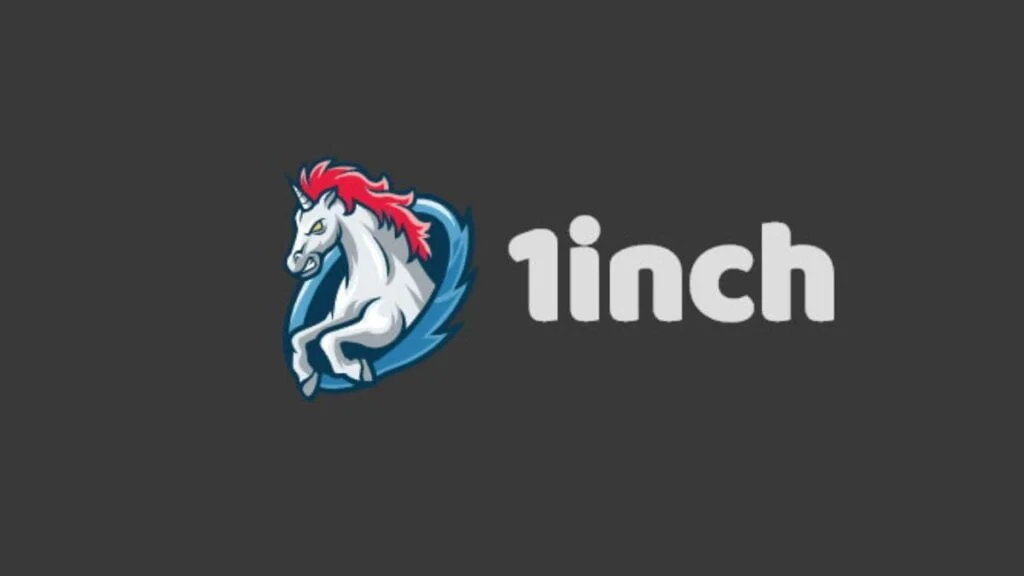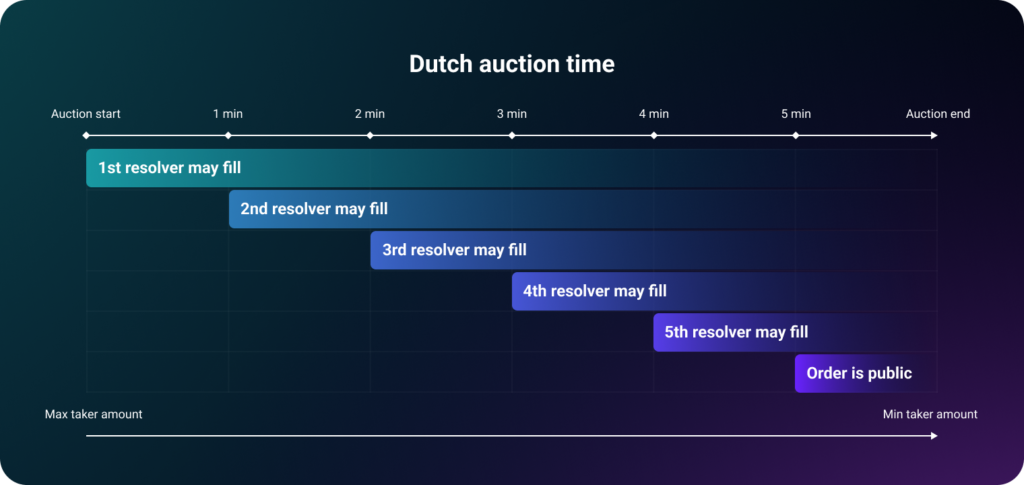1inch Swap Engine connects DeFi users and provides liquidity for crypto trades through professional market makers.

Leading decentralized finance (DeFi) aggregator 1inch Network recently revealed a significant update for its 1inch Swap Engine called Fusion. For cryptocurrency investors, the Fusion update seeks to enable affordable, secure, and rewarding swaps.
DeFi investors can make orders with a predetermined price and time range without paying network costs by using the Fusion mode of the 1inch Swap Engine.
The upgrade also contains network upgrades including modernized staking contracts and tokenomics. The 1inch Swap Engine connects DeFi members and offers liquidity for crypto trades through experienced market makers as a decentralized trading and matching system. In describing the purpose of the Fusion upgrade, Sergej Kunz, a co-founder of 1inch Network, said:
“Fusion makes swaps on 1inch dramatically more cost-efficient, as users won’t have to pay network fees, plus, an extra layer of security is added, protecting users from sandwich attacks.”
In contrast to the conventional centralized method, 1inch’s most recent update enables investors to carry out secure noncustodial swaps that are carried out in a completely permissionless and trustless manner. The release claims that 1inch uses a novel decentralized order-matching method based on the Dutch auction concept and provides endless liquidity.

Users can trade tokens on different decentralized exchanges (DEXs) using the Fusion mode without having to pay any network fees. Users can now select the order execution time based on their specific needs thanks to an improvement.
In addition, the Fusion mode protects users from the maximum extractable value (MEV), which is the maximum profit that can be made from block production over and above the regular block reward and gas charges.
In conjunction with the upgrade, 1inch introduced the 1inch Resolver Incentive Program, which will assist resolvers in receiving a reimbursement for the gas used to fill consumers’ orders in Fusion mode through December 31, 2022.
According to security experts, bridge attacks will still be a significant problem for the DeFi industry in 2023.Theo Gauthier, creator and CEO of Toposware, noted that bridges have a “inherent vulnerability” because they depend on the safety of the chains they connect to.
Zero-knowledge proofs (ZKPs), which enable data to be checked and proven as true without disclosing additional information, are one of the key technologies available in this respect.
